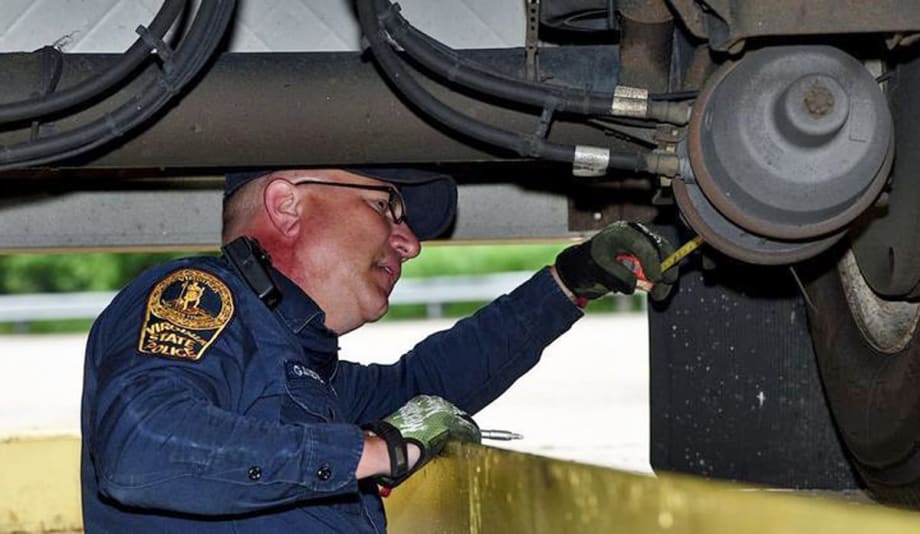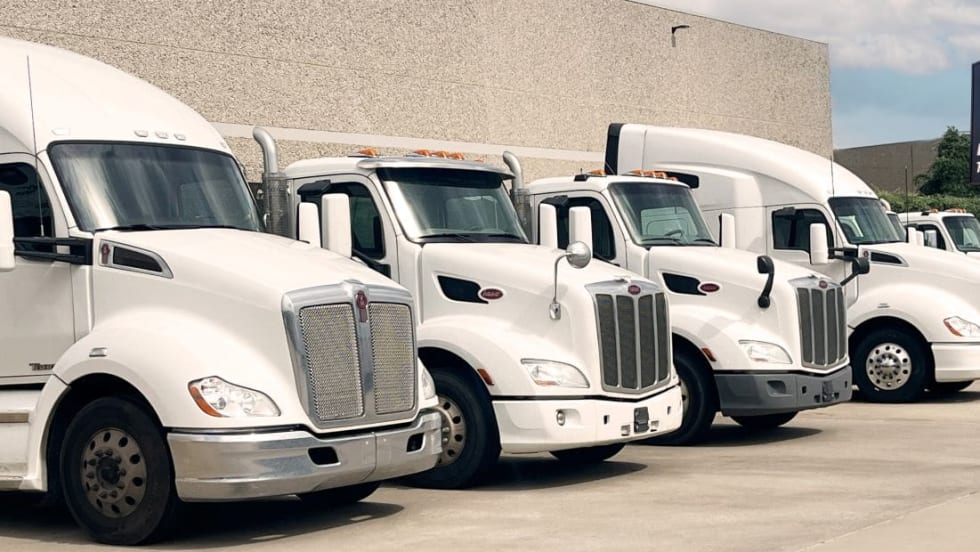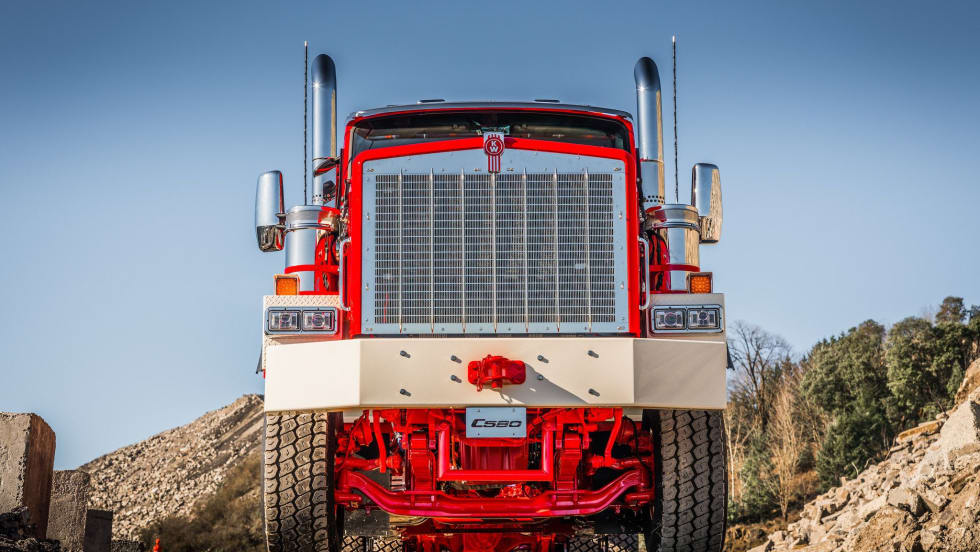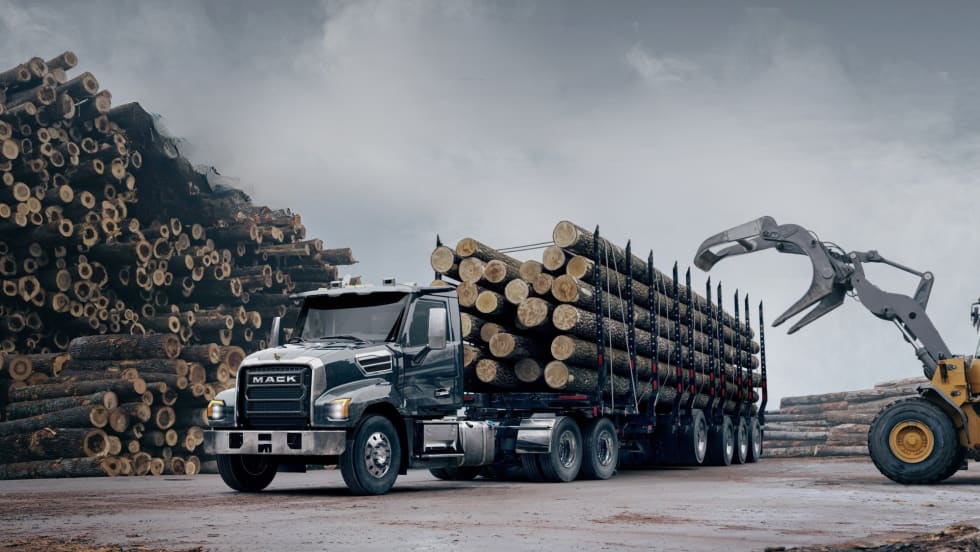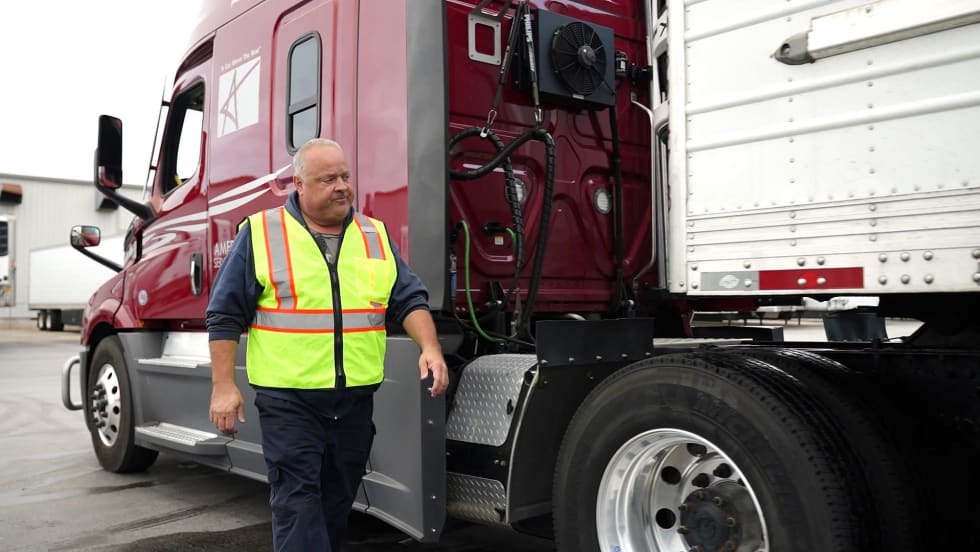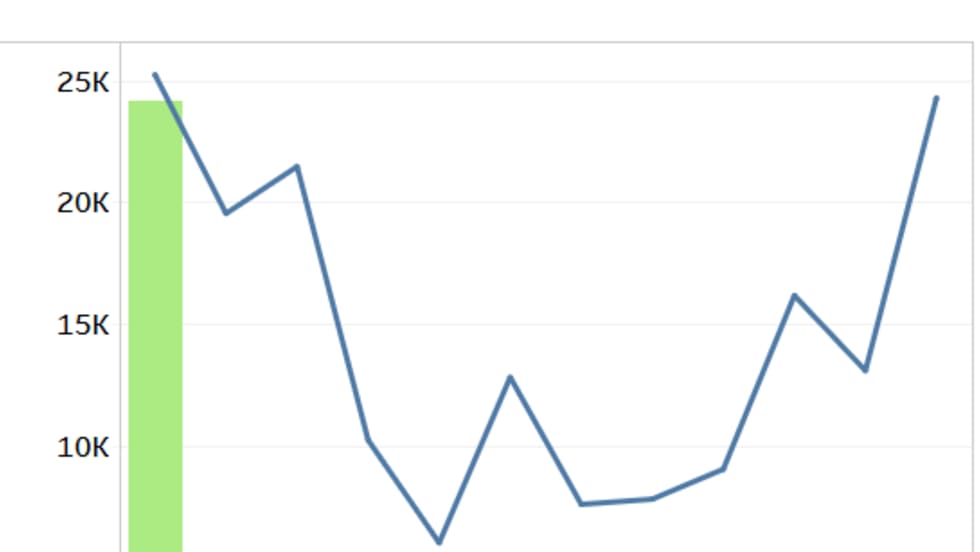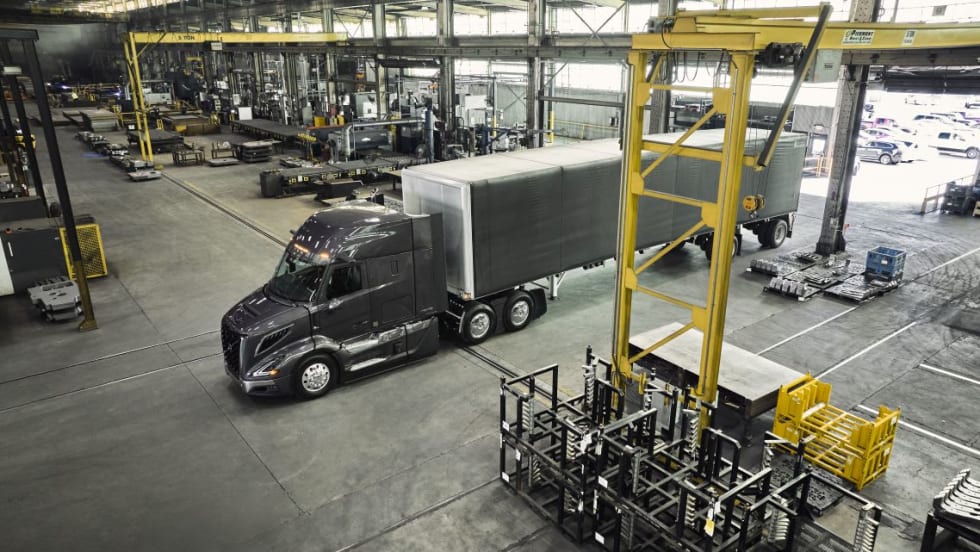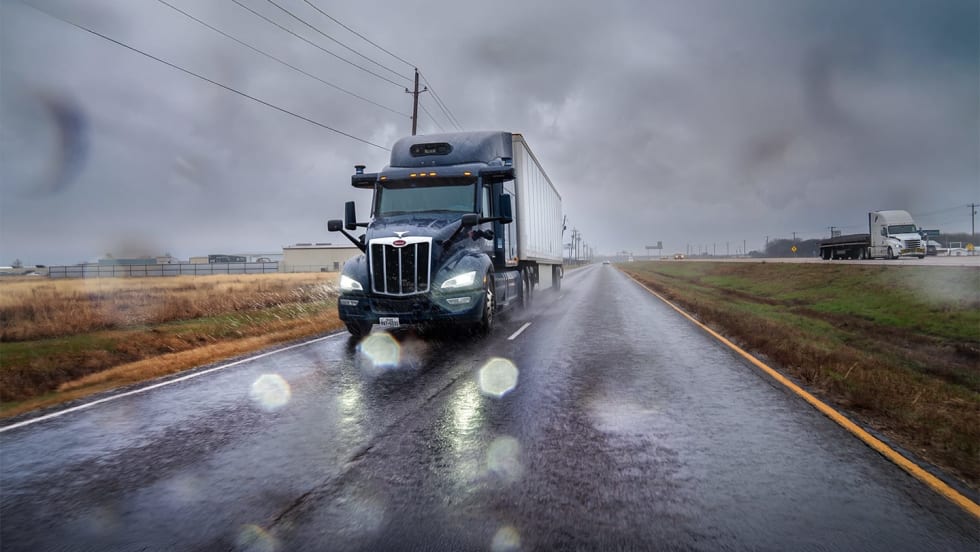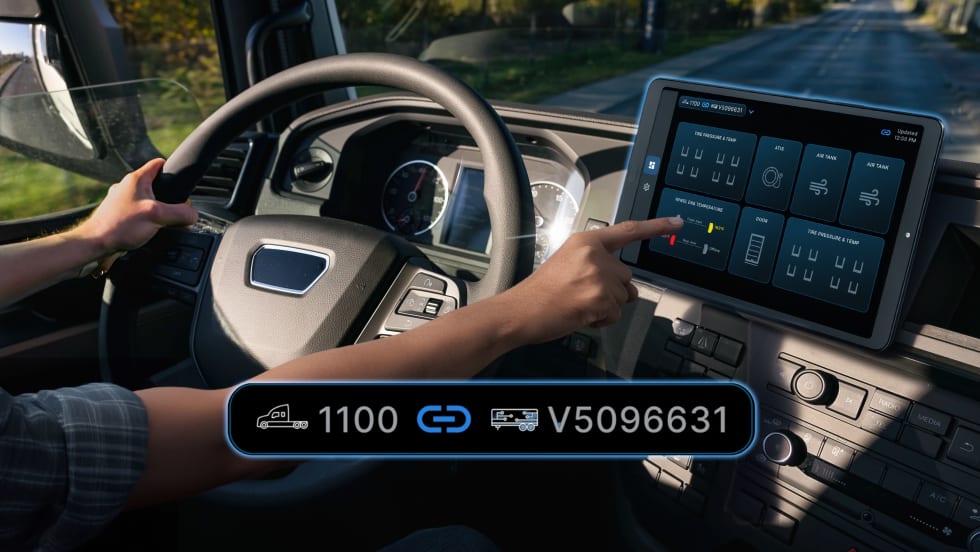The Commercial Vehicle Safety Alliance’s International Roadcheck will run May 17 through May 19 and will focus on wheel-end violations.
Roadcheck is 72-hour high-visibility, high-volume commercial motor vehicle inspection and enforcement initiative — sometimes called an "inspection blitz." Commercial motor vehicle inspectors in Canada, Mexico and the U.S. will conduct North American Standard Inspections of commercial motor vehicles and drivers at weigh and inspection stations, on roving patrols, and at temporary inspection sites.
Each year, CVSA focuses on a specific aspect of a roadside inspection. This year, the focus will be on wheel ends. Wheel-end components support the heavy loads carried by commercial motor vehicles, maintain stability and control, and are critical for braking. Violations involving wheel end components historically account for about one quarter of the vehicle out-of-service violations discovered during International Roadcheck, and past Roadcheck data routinely identified wheel-end components as a top 10 vehicle violation.
During Roadcheck, commercial motor vehicle inspectors examine large trucks and motorcoaches and the driver’s documentation and credentials using CVSA’s North American Standard Inspection Program procedures, which are the uniform inspection steps, processes and standards established to ensure consistency in compliance, inspections and enforcement. Using the North American Standard Out-of-Service Criteria, also established by CVSA, inspectors identify critical out-of-service violations that if found, require the inspector to restrict the driver or vehicle from travel until those violations or conditions are addressed.
Vehicles that successfully pass a North American Standard Level I or Level V Inspection without any critical vehicle inspection item violations may receive a CVSA decal. In general, a vehicle with a valid CVSA decal will not be re-inspected during the three months while the decal is valid. Instead, inspectors will focus their efforts on vehicles without a valid CVSA decal.




